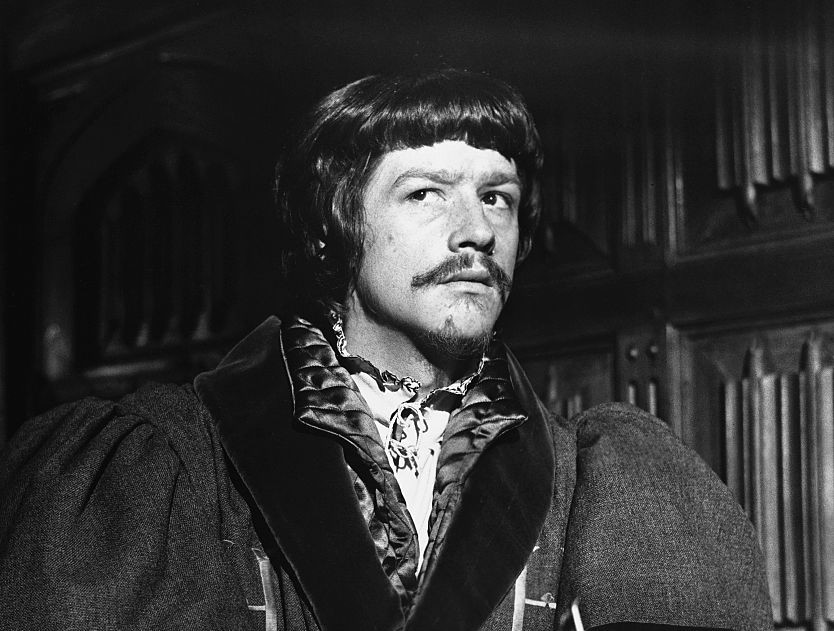“Who would know?”

Early on in the 1966 film, A Man for All Seasons, a young man by the name of Richard Rich is hanging around the household of Thomas More. Thomas More is a judge and Rich hopes that More's influence can lead the young man to a position at the royal court of King Henry VIII.
Instead, More offers Rich a position at the new school as a teacher. “Teacher?” responds Rich, curling his lip in disgust.
“Why not be a teacher?” asks More. “You'd make a good one, perhaps a great one.”
Rich, still disappointed that this conversation is not going in the direction he wanted, responds. “If I were, who would know?”
“You would,” says More emphatically, “your students, your friends, ...God. Not a bad public, that.”
Unfortunately for More, Rich does not appreciate such a fan base and goes on to become one of the great villains in the film. But God notices what we do, both the good and the bad.
In the story of the widow's mite. Jesus sits down opposite the temple treasury and watches as people make their donations to the temple fund. They all pass without comment until a widow donates a “mite,” a coin worth a few cents. Jesus takes note and points her out to his followers.
It is not about the virtue of generosity, after all, the widow receives no reward for her sacrifice of “all she had.” Jesus does not speak to her or directly praise her.
What Jesus does, is notice her. All the wealthy people that came before her pass by without a comment from the Lord. His words of warning about rich hypocrites who devour the houses of widows, still hang in the air.
A widow in Jesus’ day was truly a non-person. No one cared for her or protected her. Widows were not allowed to inherit their husbands estate. Under Jewish law, they were entitled “maintenance” until they remarried but the laws were not always followed and besides this could still have kept her on the edge of poverty.
But as everyone else overlooks the widow, Jesus notices her. He notices her act of fidelity, kindness, and generosity. He notices this small nondescript person whose actions make a difference in the world, and he points her out to His followers.
And that ultimately is what we are to learn from the story of this nameless widow. It is a lesson that is still relevant two thousand years later. Jesus notices us. Even though we are not the celebrities of this world, even though we are not the “movers and shakers” or the rich and powerful, God notices us.
Our small deeds, however mean and humble they may be, are noticed and remembered and cherished by our God. Even a cup of water given in His name, is remembered, and the giver shall not lose his reward.
We count.
What we do counts.
And God notices.
Pax Vobiscum




